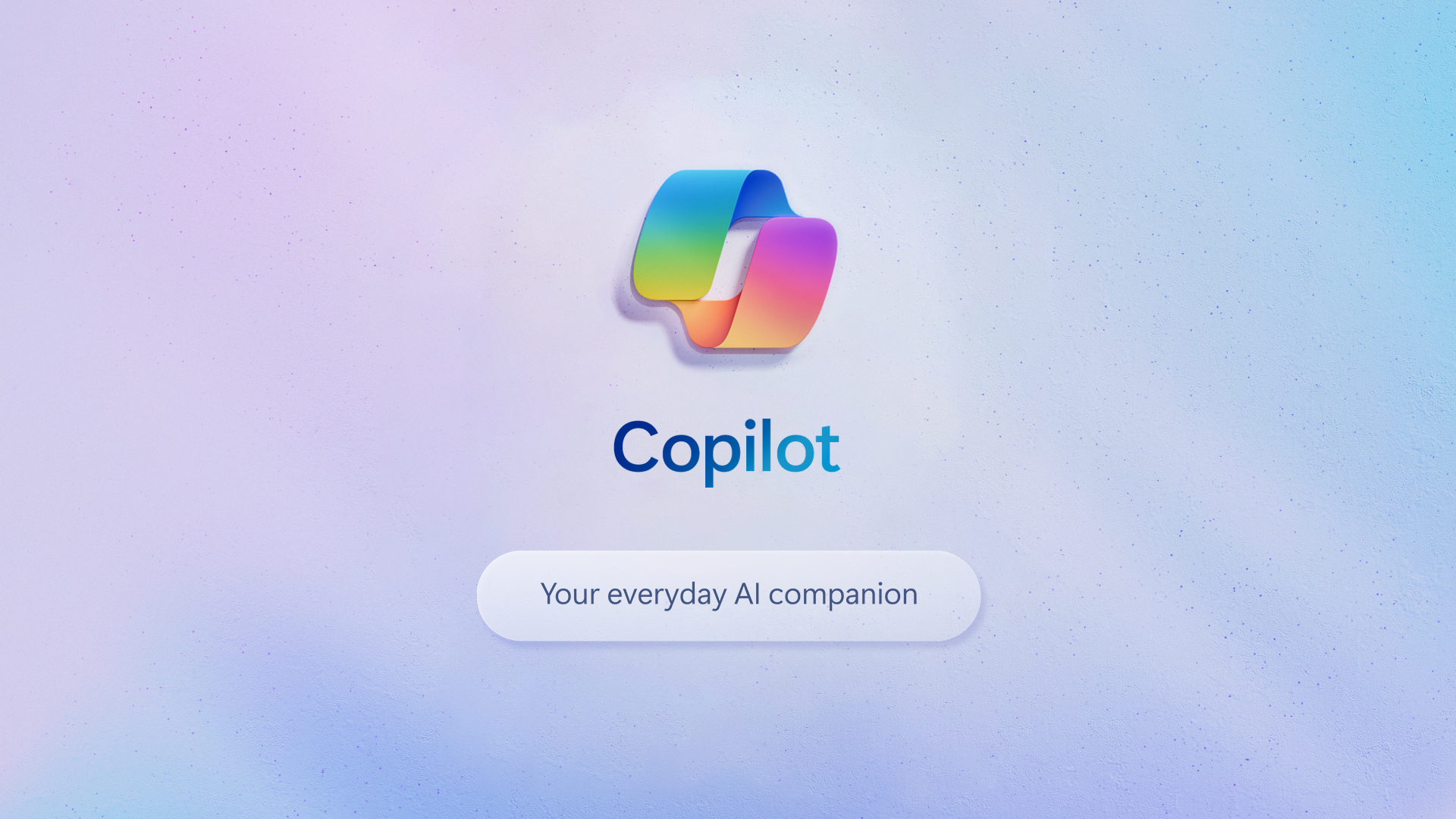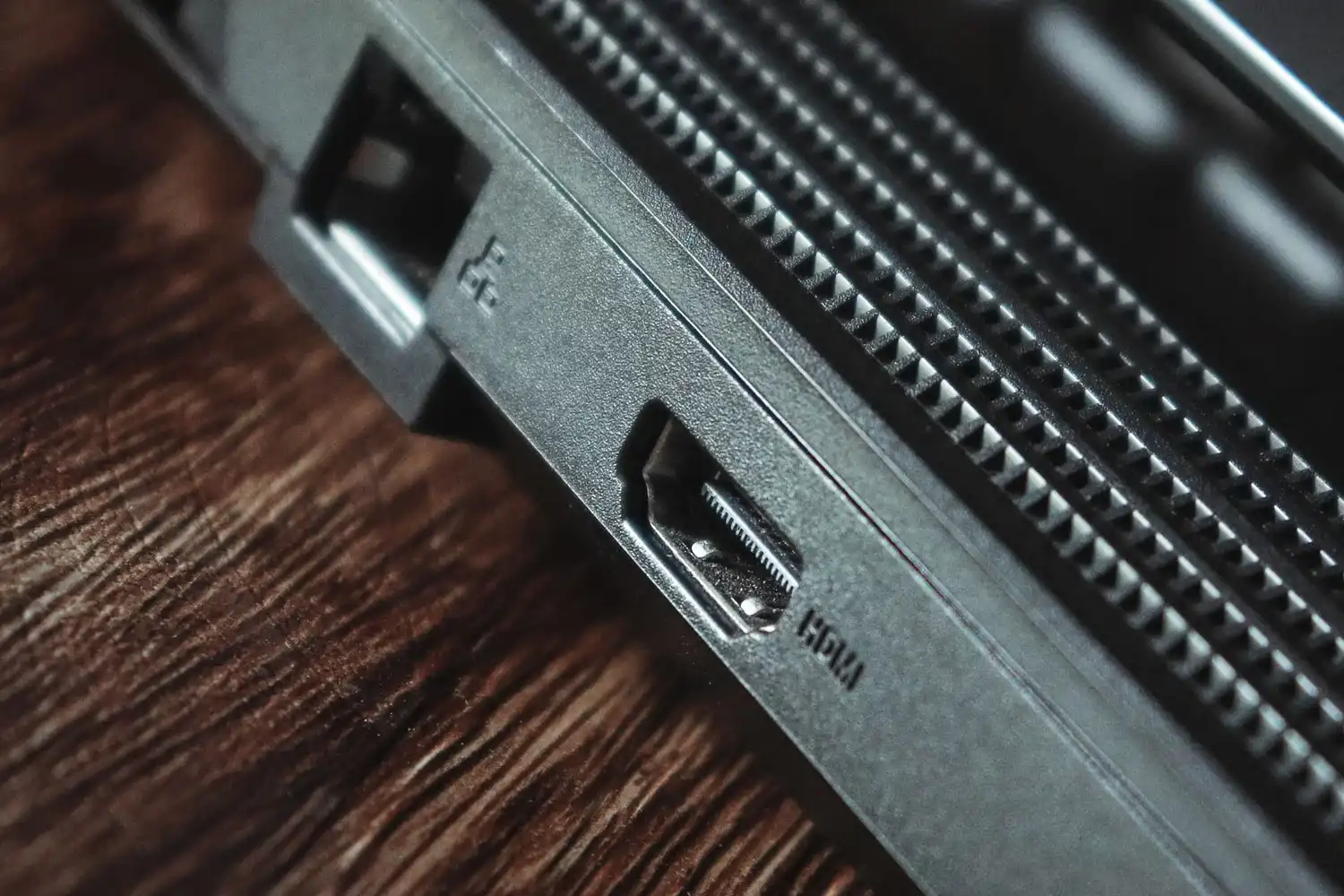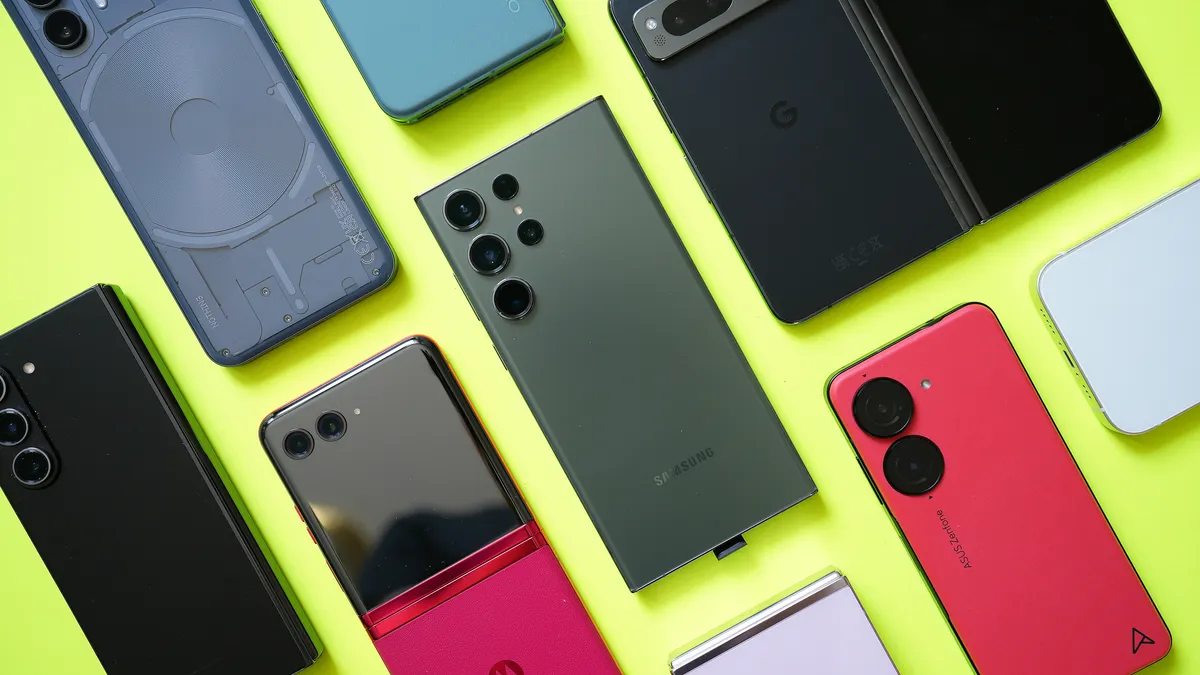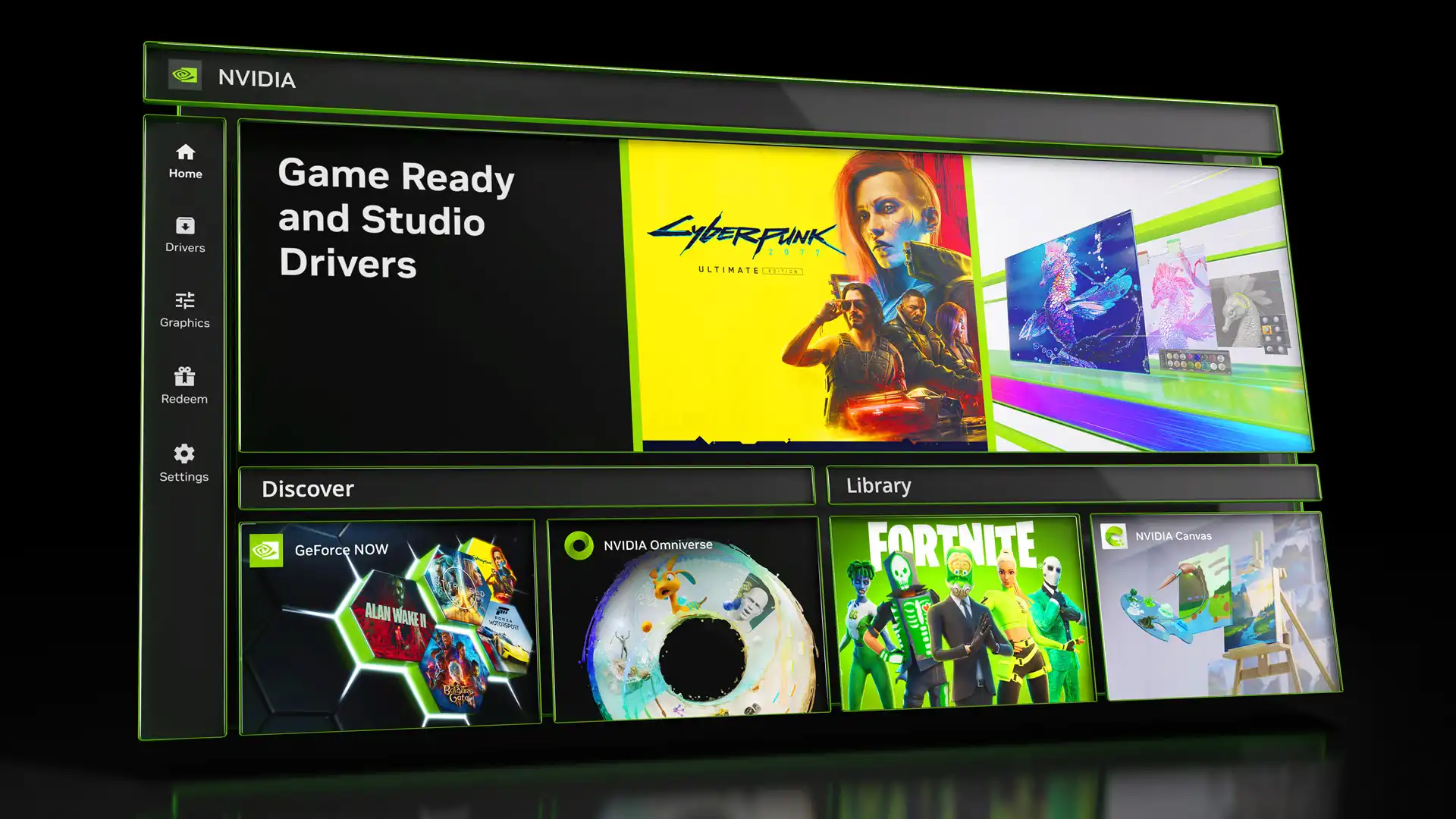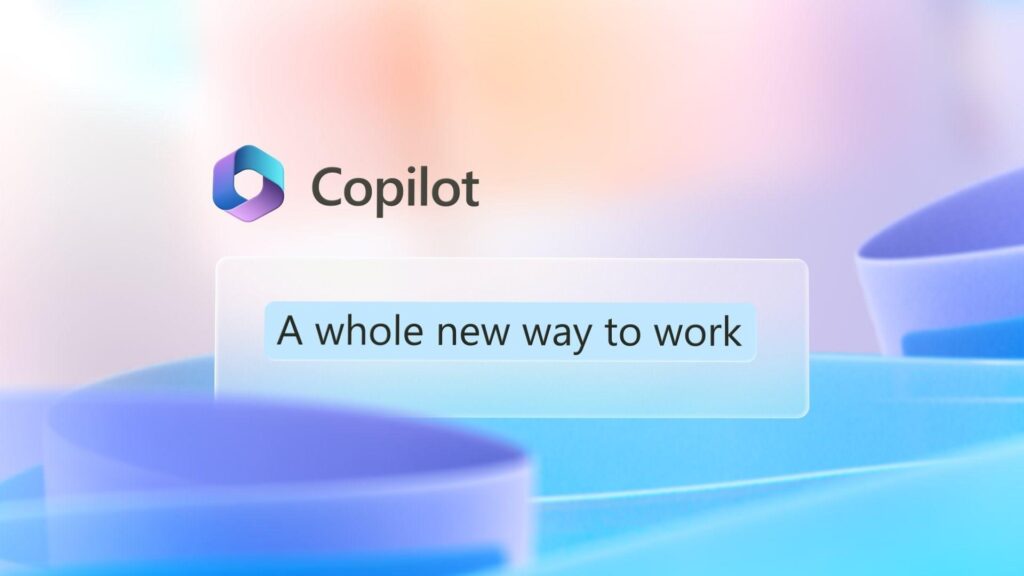
On the occasion of Microsoft Copilot’s first anniversary, Microsoft has outlined an ambitious roadmap for the introduction of new features, promising a more advanced language model and enhanced capabilities in AI art generation. This strategic expansion is set to enrich Copilot’s functionalities across various platforms, including the web, Windows, and Microsoft 365, solidifying its position as a comprehensive term for the company’s extensive language model chatbots.
A notable upcoming addition to Copilot is the integration of GPT-4 Turbo, characterized by an information cutoff as of April 2023 and an impressive capacity to handle 128k of input, equivalent to approximately 300 pages of text. Currently undergoing testing, this feature is poised to elevate Copilot’s performance.
Addressing the challenge of information cutoff, Microsoft introduces Deep Search as a solution. While previous iterations employed “plugins” to delve into specific topics, Deep Search represents a more versatile approach. When Copilot encounters uncertainty regarding user queries, it may prompt a small window seeking additional details to ensure precise responses. This refinement will be particularly evident in ambiguous queries, such as differentiating between loyalty cards and immigration when asked about “points systems in Japan.”
In addition to these advancements, Copilot is set to improve its existing capabilities, including image generation with Dall-E 3, inline composing with rewrite functionalities (which may inadvertently ease obfuscating plagiarism), and enhanced code interpretation. Microsoft has also committed to enhancing Copilot’s proficiency in interpreting images, addressing a crucial aspect of its functionality.
While these enhancements are promising, Microsoft has yet to address Copilot’s known weakness within the Windows environment – its sluggish response time. It remains to be seen whether improvements in this aspect will be part of the forthcoming updates over the next few months.

